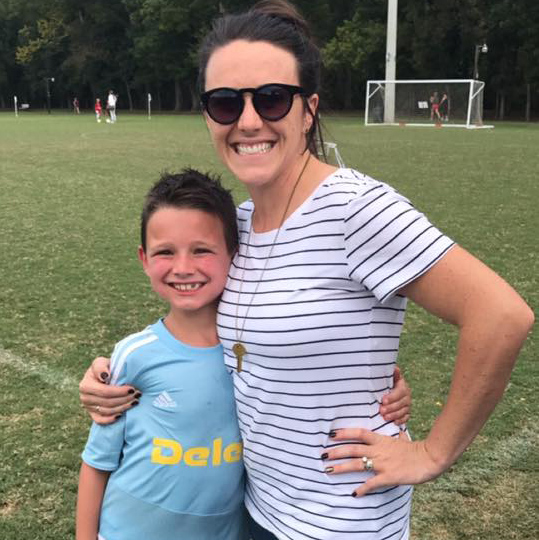 Praise focuses on external value instead of internal value. I’m (only) of value when someone else validates me or thinks I’m of value, which increases being susceptible to peer pressure and needing the acceptance of others rather than being able to feel good about themselves and listen to their own internal voice, or to have confidence in themselves outside of what others’ think.
Praise focuses on external value instead of internal value. I’m (only) of value when someone else validates me or thinks I’m of value, which increases being susceptible to peer pressure and needing the acceptance of others rather than being able to feel good about themselves and listen to their own internal voice, or to have confidence in themselves outside of what others’ think.
Keep in mind it’s important to have more positive than negative interactions in all relationships. If you’re critical or negative, you may need to increase positive comments. We also want to use moderation. I’m not advocating doing away with praise completely. It has its place and is important done well.
If we understand the problems with praise, we can use that wisdom to help our children be more confident, self-motivated, and successful.
How can praise backfire?
Praise can send these implicit messages.
- I am only valuable when I perform well.
- I’m only important if someone notices and validates me.
- What you (& others) think of me is more important than what I think of me.
- Looking good is more important than effort, work, or being good.
These messages create more vulnerability to peer pressure, attention seeking, needing to please, to earn love, perfectionism, and need to accomplish in order to have value and worth. They also create less self-confidence, reliance, or trust in my judgment, ability or opinions.
These can lead to increased comparing, competition, backbiting, cheating, meanness, etc. in order to secure one’s place of value, meaning and love, or in the other direction it can lead to discouragement, lack of motivation, effort, or risk in order to avoid failure and shame.
What can you do instead?
The key is to have kids self-reflect, self-assess, be aware of and honor their internal feelings; both negative feelings as warnings and positive feelings as satisfaction and fulfillment, rather than searching for those things outside of themselves endlessly by turning to peers, perfectionism, performance, attention seeking, or impressing with belongings, looks, or behaviors.
They need to see, feel and experience their Efforts (which may or may not lead to success). If success is the only goal, then confidence, motivation, self-worth are all on the line, and perfectionism, discouragement and anxiety become inhibiting.
Children are inherently curious, learning, experimenting, and self-motivated. They feel fine about themselves until they learn otherwise. How do we keep that alive and well?
How do you increase internal awareness?
1. Use questions! Rather than giving your judgments (aka praise and criticism) or solutions, ask them self-reflecting questions so they can self-assess and tune into their own assessments and feelings such as:
- What are your ideas?
- How does that work?
- Is that your best effort?
- Is that fair? Reasonable?
- What would be?
- What would you suggest?
- How do you wish it would go?
- What else can you do?
- What else is possible?
- How would that work?
- What would you like to do differently?
2. Make observations rather than judgments (praise or criticism). Simply state what is happening. People feel seen and validated without feeling judged, controlled or manipulated. This will seem awkward at first because it’s not common, but it’s powerful!
- I see you are …. (coloring, wearing blue, focused on Legos, texting, etc.)
- I notice that ….
3. What Can you praise? It’s very important to praise effort and struggle rather than results.
- Wow, you stayed focused for 5 full minutes doing homework without distraction. Good job.
Effort is the playing field of life, where experiments are tried and we learn and try again and again, growing step-by-step. You can even praise failure, because that too is from effort. The greatest successes are also the greatest failures in life.
We cannot not transfer our confidence of our children into them. They must effort and struggle to get their own. And they do that as they see, feel, and experience their own internal reactions and responses to things. By asking them reflective questions, they can learn to listen to themselves, their experiences, and value what is right for them; not just what those around them say is so.
Remember that you will not be around when they make important decisions in life. One of the biggest gifts you can give them is the capacity, practice and understanding to listen to their inner wisdom and trust it when faced with peer pressure, escapism, or other obstacles in life. And when they make mistakes, which we all still do, to know how to assess that, without feeling shame, and to get back up, learn from it, and move on.
History. Thinking it would help build self-esteem, confidence, motivation and success in life, praising children gained popularity in the 1970s. Not necessarily yielding those results, research began in the 2000s, with Carol Dweck showing that praise can actually backfire.


